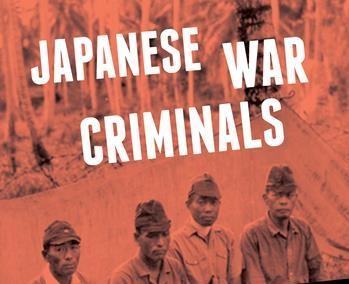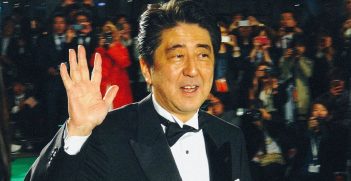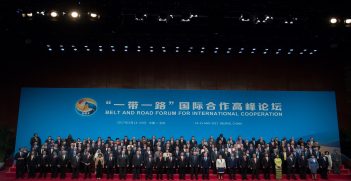Reading Room: Japanese War Criminals

Between 1945 and 1951, the Allied powers–the United States, the Netherlands, Australia, the United Kingdom, the Republic of China, France and the Philippines–carried out an estimated 2,362 trials of 5,707 Japanese defendants accused of committing war crimes in the Second World War. Of these, 4,524 defendants were convicted and received sentences ranging from one day’s imprisonment to death.
Until recently, these trials have not received substantial academic attention, with the exception of the Tokyo trial of leading Japanese wartime figures. This book goes some way to remedy this. It is a careful, thorough and superbly researched examination of what the authors demonstrate was an issue marked by legal, moral and political complexity. Most commentary on the trials of Japanese war crimes suspects has focused on the extent to which they can be considered ‘just’. Polarised views have been offered. Japanese War Criminals avoids traveling down this path. Instead, it provides a detailed account of the trials, from establishment to aftermath.
The difficulties faced by prosecutors in gathering evidence, in selecting defendants, even in finding suitable locations for trials were serious. In fact, Australian courtrooms in Papua New Guinea and Indonesia were in many cases just rudimentary buildings with corrugated roofs and open sides. The ambitious attempt to address Japanese war guilt through trial and sentence was designed to apportion guilt to individual perpetrators rather than the Japanese nation as a whole, but was beset by difficulties at every turn. As soon as the trials themselves had concluded in 1951, questions of what would become of imprisoned Japanese war criminals arose. The attitudes of the Allied powers differed. Australia and the Philippines, for example, were initially reluctant to transfer war criminals to Japan to serve out their sentence, as Japanese public opinion demanded, while France considered granting a general amnesty.
Ultimately, all convicted war criminals were transferred to Japan by 1953 after it was agreed in Article 11 of the San Francisco Treaty, which settled the war, that Japan accept the judgments of the “Allied War Crimes Courts both within and outside Japan” and carry out the sentences imposed. Decisions about reducing sentences and granting parole or clemency were to be made by the country whose courts passed sentence on the individual, on the recommendation of Japan. The negotiation of the treaty itself and the implementation of Article 11 involved wrangling among the Allies. Their decisions were shaped by domestic political sentiment, shifting moral calculations and a rapidly changing international environment. The Cold War was taking shape and there was growing recognition of Japan’s future economic and political significance. Countries with previously hard-line views such as Australia and the Philippines quickly allowed the early release of many prisoners (although, intriguingly, the Philippines’s decision to do so may have been influenced by corrupt payments). Domestic political attention to the issue was minimal and no government wished to be the last remaining with Japanese war criminals languishing in Tokyo contrary to the recommendation of the Japanese government. By 1958, all Japanese war criminals had been released.
Japanese War Criminals provides an authoritative overview of its subject. The book also provides a useful global perspective to what was a historical international event given that trials took place in several countries governed by different laws. Anyone interested in the continuing ramifications of the way in which Japanese war guilt was (or was not) addressed following the Second World War would do well to read this book.
Sandra Wilson, Robert Cribb, Beatrice Trefalt and Dean Aszkielowicz, Japanese War Criminals: The Politics of Justice After the Second World War, Columbia University Press, 2017.
Finian Cullity is a law graduate at an international law firm and a member of AIIA Queensland. He holds a Bachelor of Arts in Japanese and International Relations and a Bachelor of Laws with First Class Honours from the University of Queensland.





